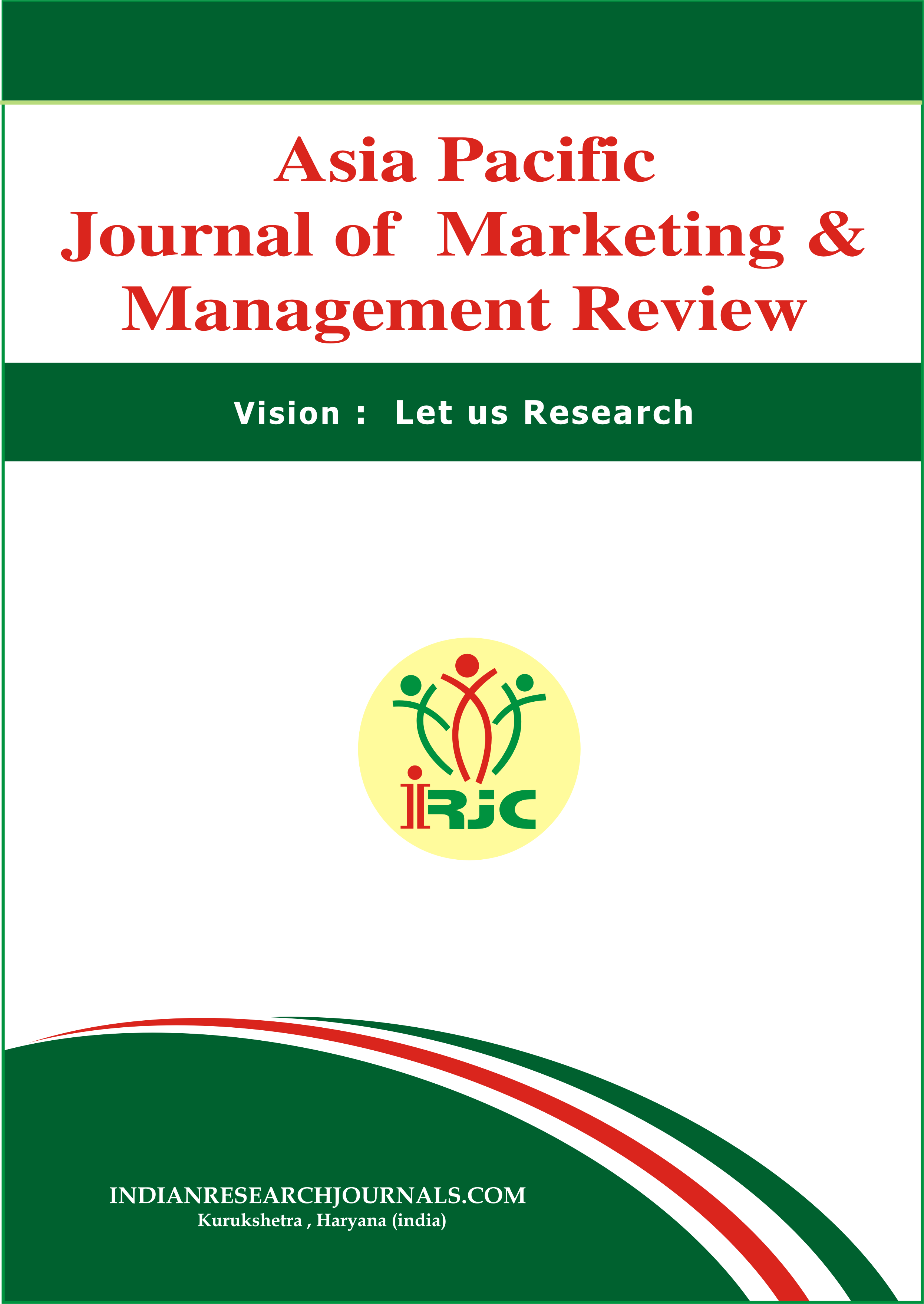History of English Language
Keywords:
lexical borrowing, Celtic languages, upper classes.Abstract
English is a West Germanic language that originated from Anglo-Frisian languages brought to Britain in the mid 5th to 7th centuries AD by Anglo-Saxon migrants from what is now northwest Germany, southern Denmark and the Netherlands. The Anglo-Saxons settled in the British Isles from the mid-5th century and came to dominate the bulk of southern Great Britain. Their language originated as a group of Anglo-Frisian languages which were spoken by the settlers in England and southern and eastern Scotland in the early Middle Ages, displacing the Celtic languages (and, possibly, British Latin) that had previously been dominant. Old English reflected the varied origins of the Anglo-Saxon kingdoms established in different parts of Britain. The Late West Saxon dialect eventually became dominant. A significant subsequent influence on the shaping of Old English came from contact with the North Germanic languages spoken by the Scandinavian Vikings who conquered and colonized parts of Britain during the 8th and 9th centuries, which led to much lexical borrowing and grammatical simplification. The Anglian dialects had a greater influence on Middle English.
References
Cercignani, Fausto, Shakespeare's Works and Elizabethan Pronunciation, Oxford, Clarendon Press, 1981.
Mallory, J. P (2005). In Search of the Indo-Europeans. Thames & Hudson. ISBN 0-500-27616-1
Ringe, Donald R. and Taylor, Ann (2014). The Development of Old English - A Linguistic History of English, vol. II, 632p. ISBN 978-0199207848. Oxford.
Simek, Rudolf (2007) translated by Angela Hall. Dictionary of Northern Mythology. D.S. Brewer. ISBN 0-85991-513-1
Downloads
Published
Issue
Section
License
Copyright (c) 2022 GEJournals

This work is licensed under a Creative Commons Attribution-NonCommercial-NoDerivatives 4.0 International License.





